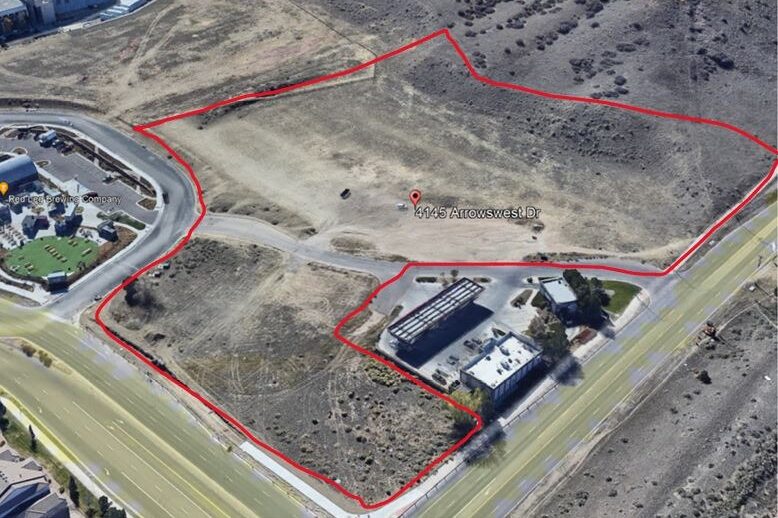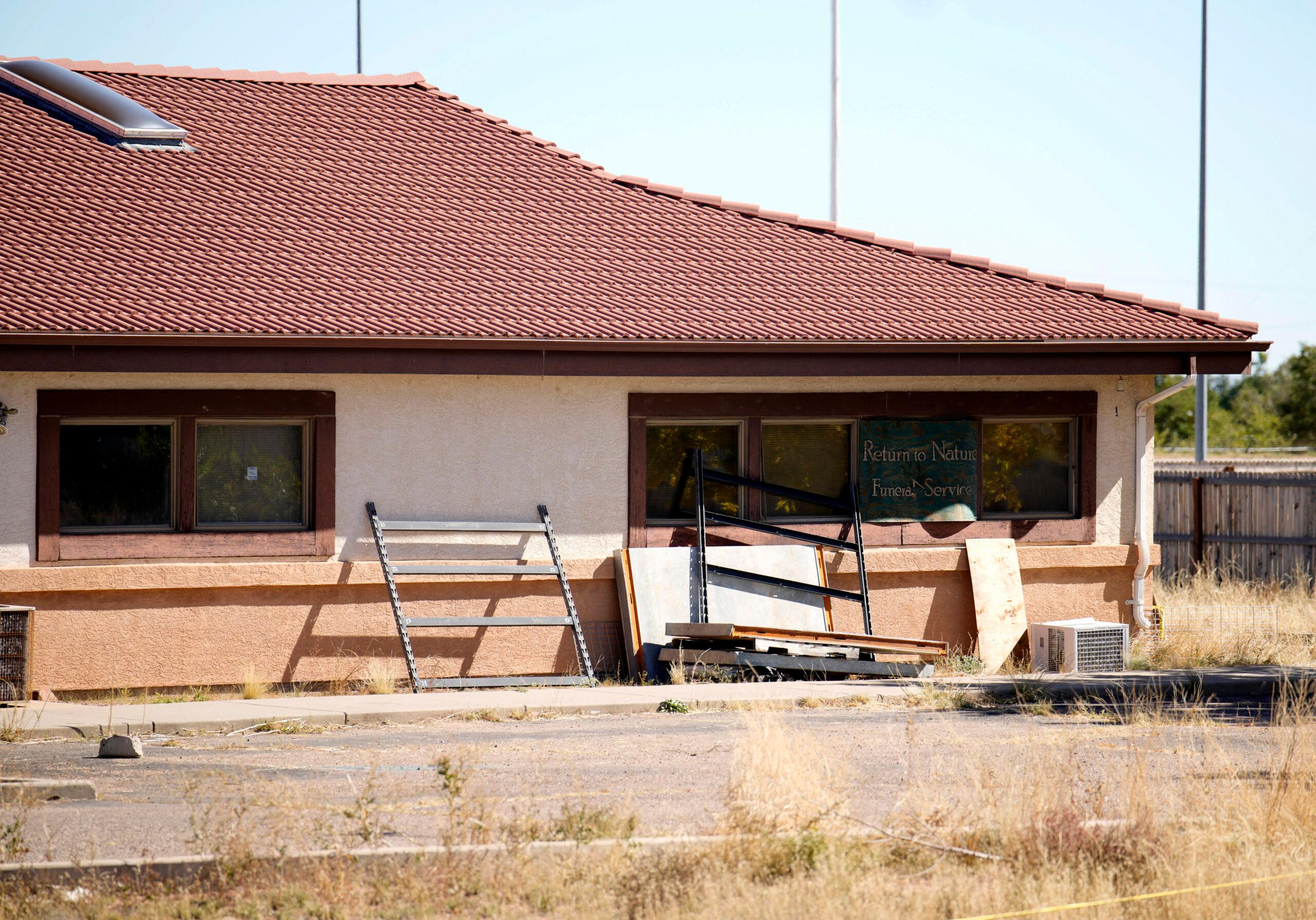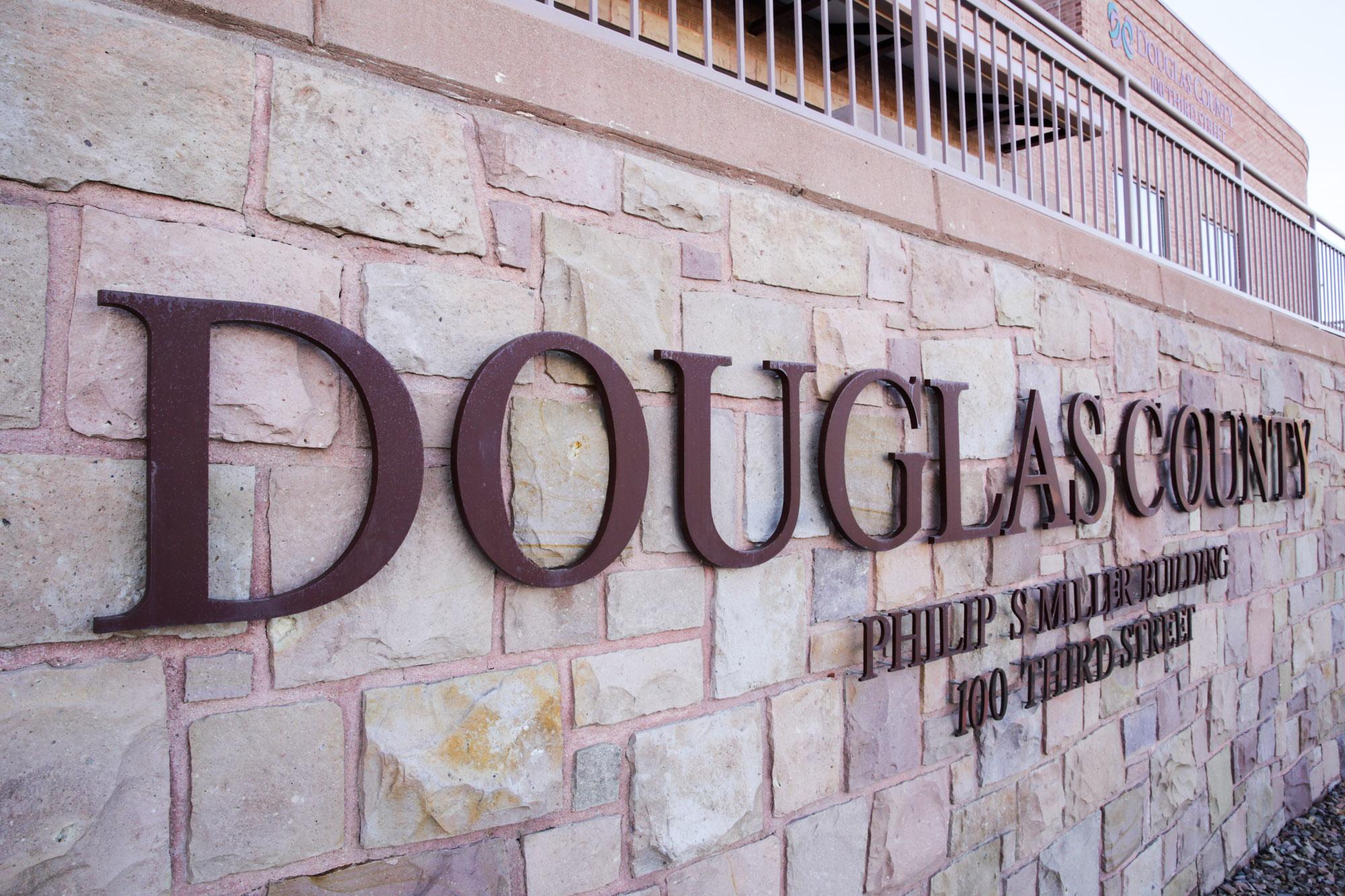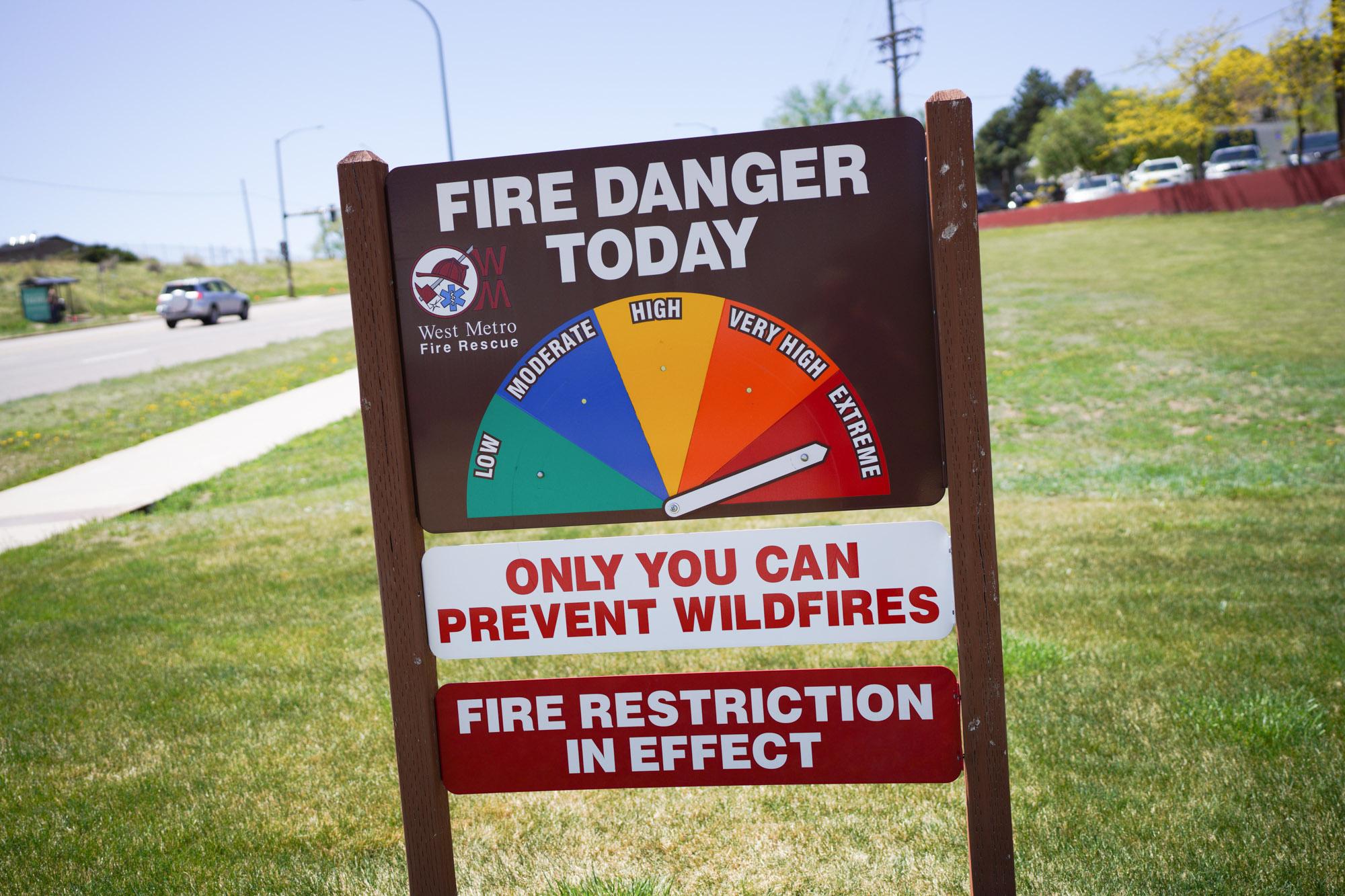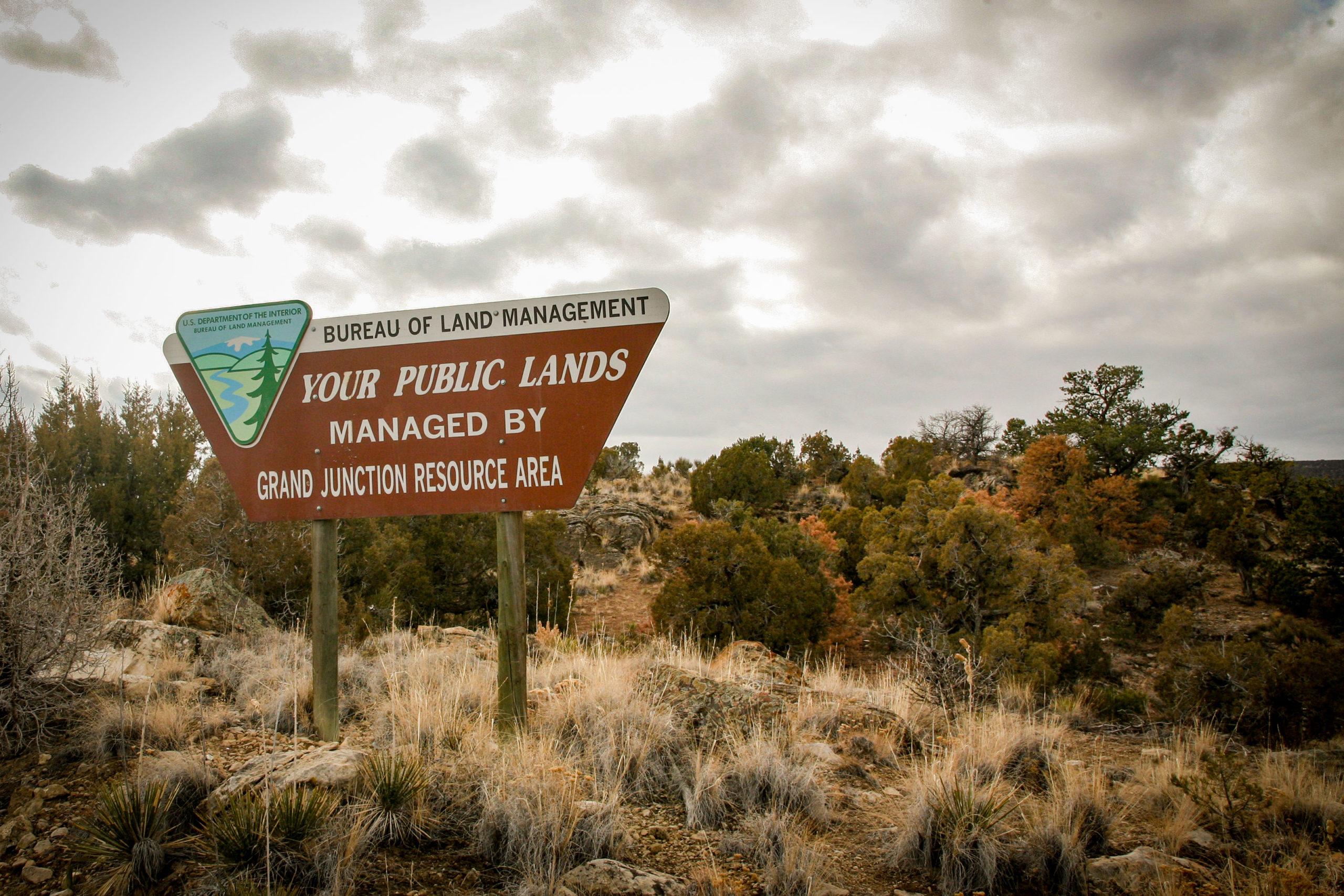
In 2019, the Bureau of Land Management in Colorado treated more than 28,000 acres of Federal Land to reduce wildfire risks.
The agency used prescribed burns as well as the clearing or breaking down of fuels including brush and fallen trees to reduce the fuel loads on Colorado land. The agency also removed invasive species to help reduce the impact on native species and give those plants a better chance at surviving future fires.
The Department of the Interior announced this week that it far surpassed the target number of treated acres nationally. That goal was set in an executive order from President Donald Trump in December 2018. The order called for active management of America’s forests and rangelands to reduce wildfire risk.
BLM Colorado set out to treat 21,000 acres at the beginning of 2019, according to the agency, but beat that goal by 7,000 acres.
Kevin Grant, deputy fire management officer for BLM Colorado, said that Colorado has stayed fairly consistent in the number of acres treated over the years.
While Colorado may not have doubled its goal as other states did, Grant said it’s hard to compare figures between states.
“You’ve got states that accomplish a lot of prescribed fires in there and some that have a lot less public lands, so those numbers are hard to compare side by side,” Grant said.
In 2020, the agency intends to treat another 20,000 acres. Grant said the treatment wouldn’t be possible without the cooperation of local communities and organizations.
“Anytime there is fire in your backyard that has an impact on the public,” Grant said. “We really appreciate the cooperation we've had with our local communities to tolerate us putting some smoke in the air.”

